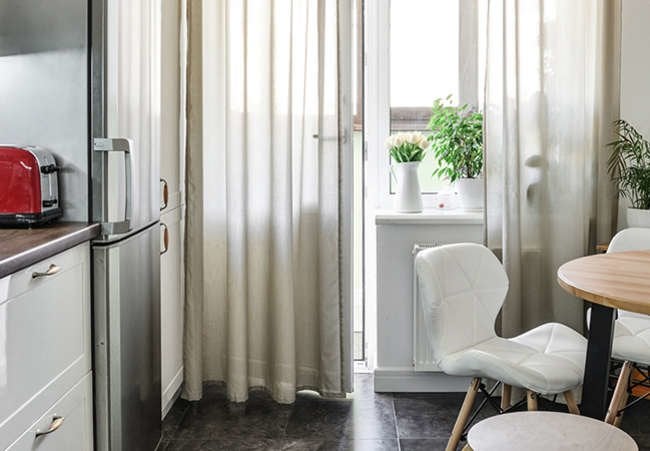We may earn revenue from the products available on this page and participate in affiliate programs. Learn More ›
All Those Little Rules
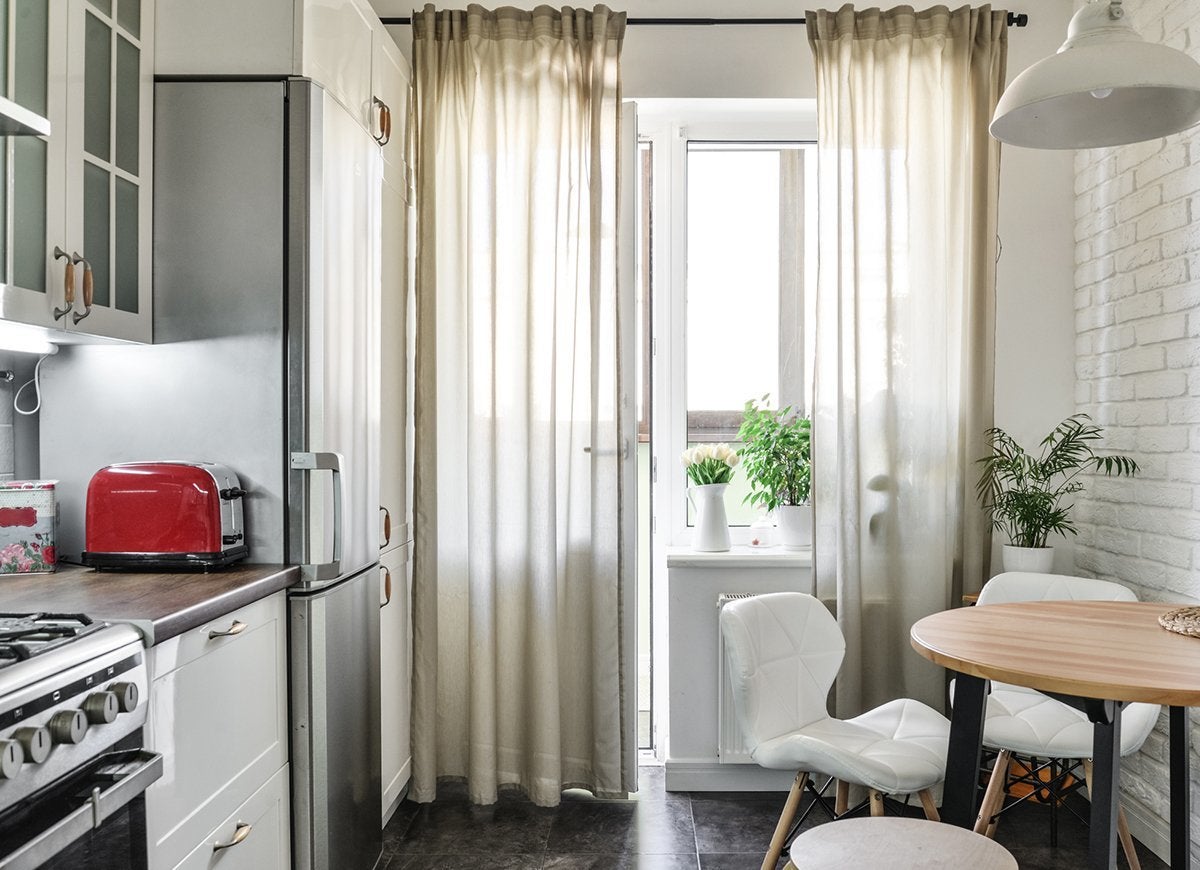
For as long as people have been decorating their homes, there have been rules for getting it exactly right—and the rules just seem to multiply when your space is especially small and your goal is to make it feel bigger. Don’t fret about the rules! Instead, read on to find out what everyone gets wrong about decorating small homes, then take some of our tips for creating the perfect space, no matter the square footage.
Paint Doesn't Have to Be Light and Bright

You’ve probably heard more than once in your life that painting a room a dark color can make it feel cave-like and small, but the opposite can actually be true. Bobby Berk, a designer of “Queer Eye” fame, points out that dark walls can give depth to a room. Be sure to use a matte finish no matter the color scheme, however, and choose accessories that add contrast to keep things looking large.
Related: 21 Clever Tricks to Make Your Home Look Bigger and Brighter
Your Furniture Doesn't Have to Be Small
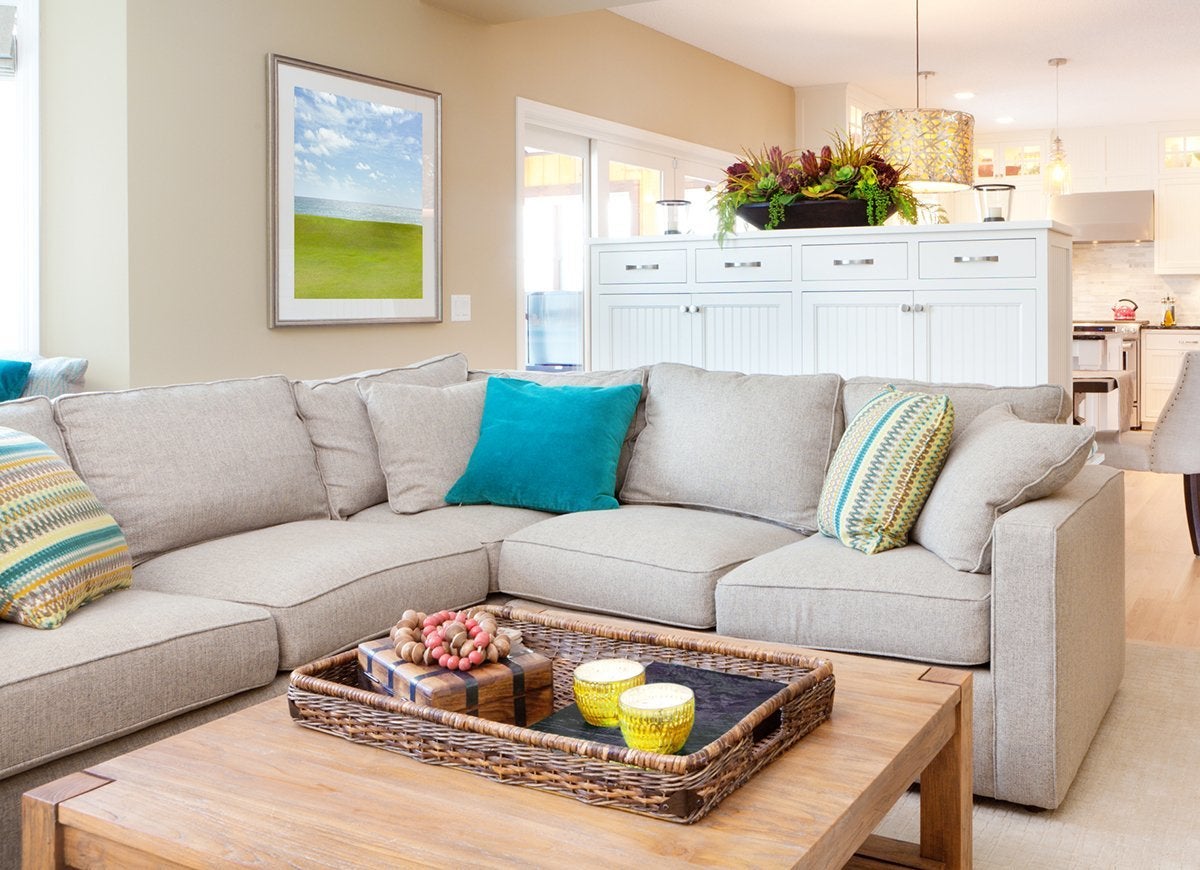
Some would say that living in a small space means having to sacrifice your dream of sprawling out on a huge sectional—or does it? Small furniture can actually make a room look and feel even smaller, so don’t be afraid to get that large dining table or a big, comfy sofa, or to tuck in a floor lamp. Just be sure that there’s plenty of room to walk around the furniture, and be careful not to create any tripping hazards.
You Don’t Have to Have Marie Kondo-Level Organization
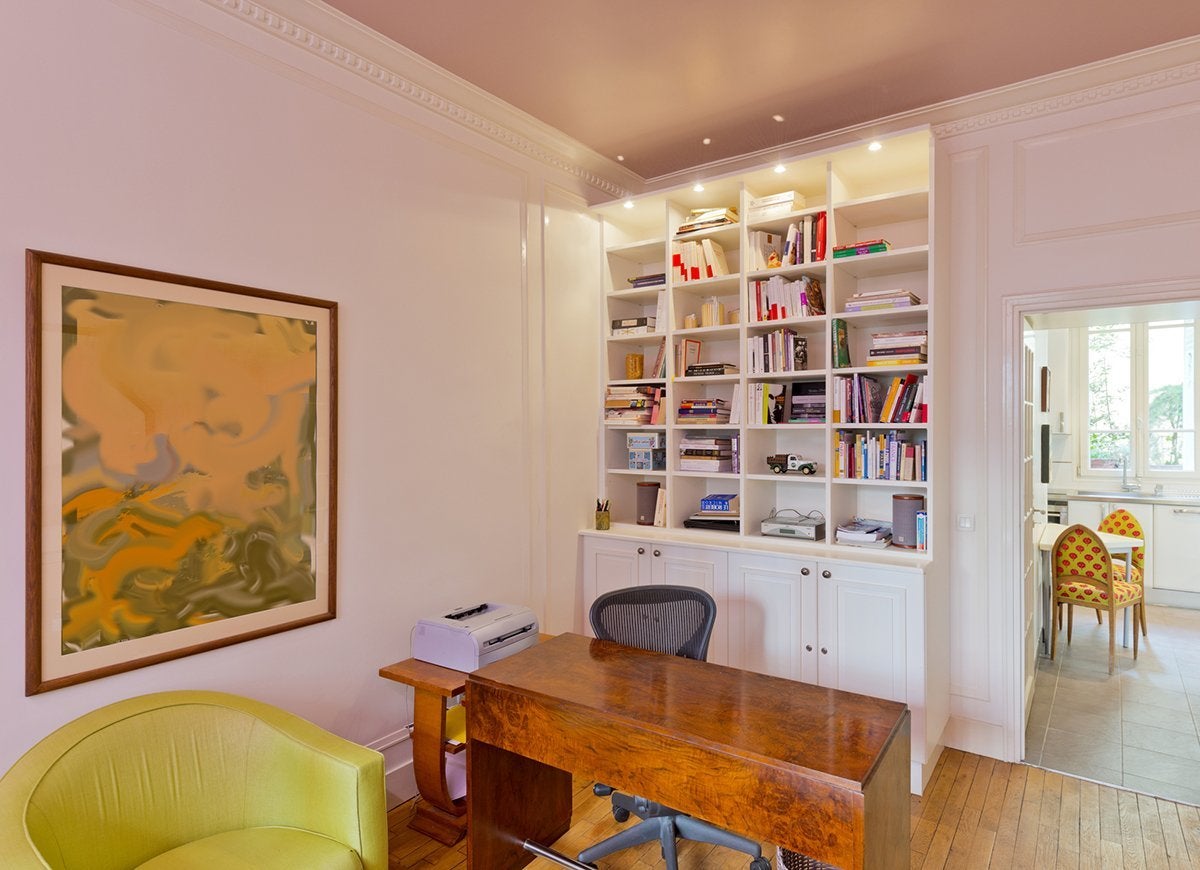
No matter how tiny your space, it’s always good practice to clear the clutter so it doesn’t overwhelm. But that doesn’t mean you have to go full KonMari just because you live in a small home. Maximalists can show off collections or maintain a large library, even in small spaces.
Your Area Rug Can Be Large
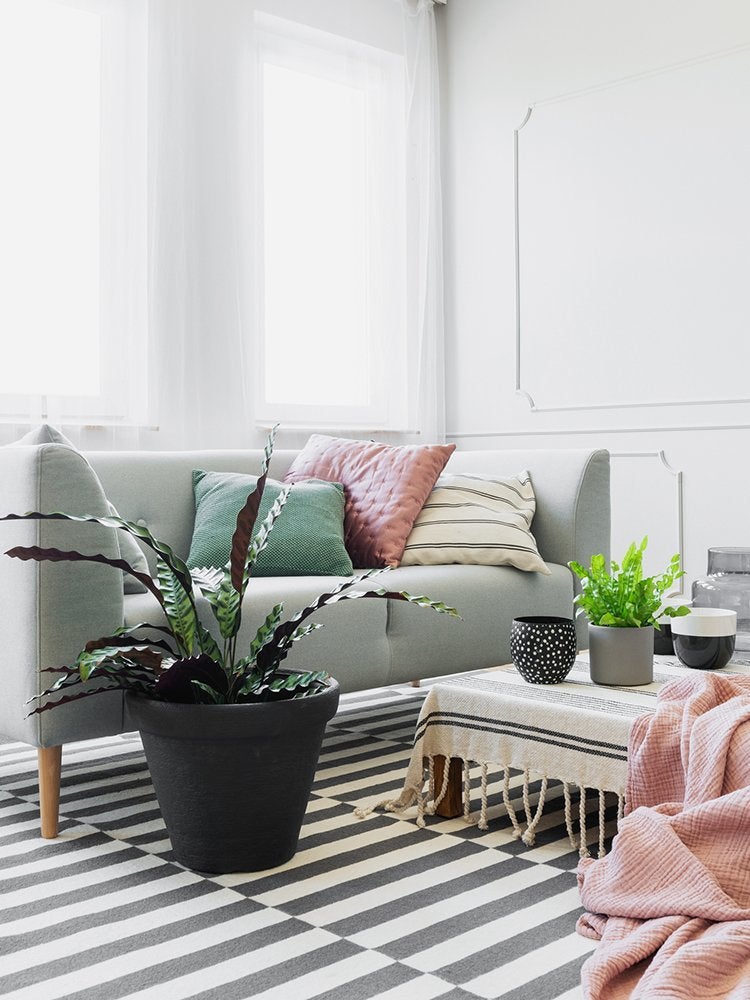
Although the conventional wisdom is to choose a small rug for a small room, doing so can have the surprising effect of actually making your space appear more confined. Opt instead for an area rug that can accommodate all your furniture, which will help expand the room visually.
Related: The 20 Best Furniture Brands of 2025
Your Lighting Doesn't Have to Be Recessed
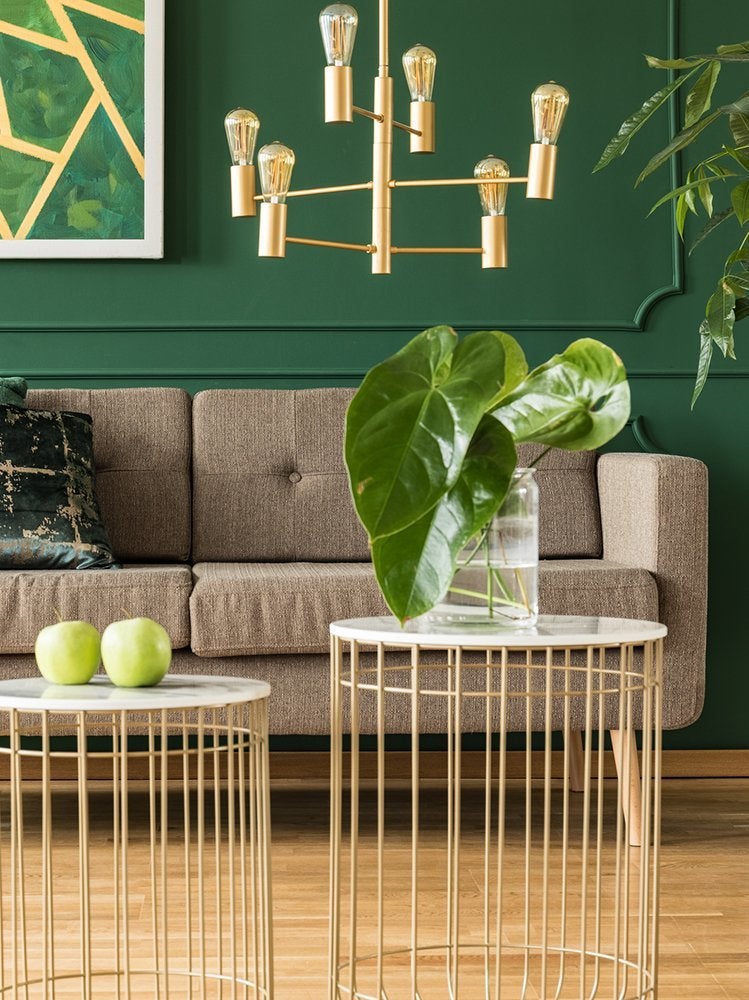
When working with a smaller space, designers often go with recessed lighting to give the illusion of sky-high ceilings. But this doesn’t mean that you can’t add any light fixtures that take up space. A well-placed pendant or chandelier makes a big statement in a room, and can draw the eyes up, pulling focus away from the lack of square footage. You also can maximize natural light from a window.
Not Everything Needs to Be Neutral
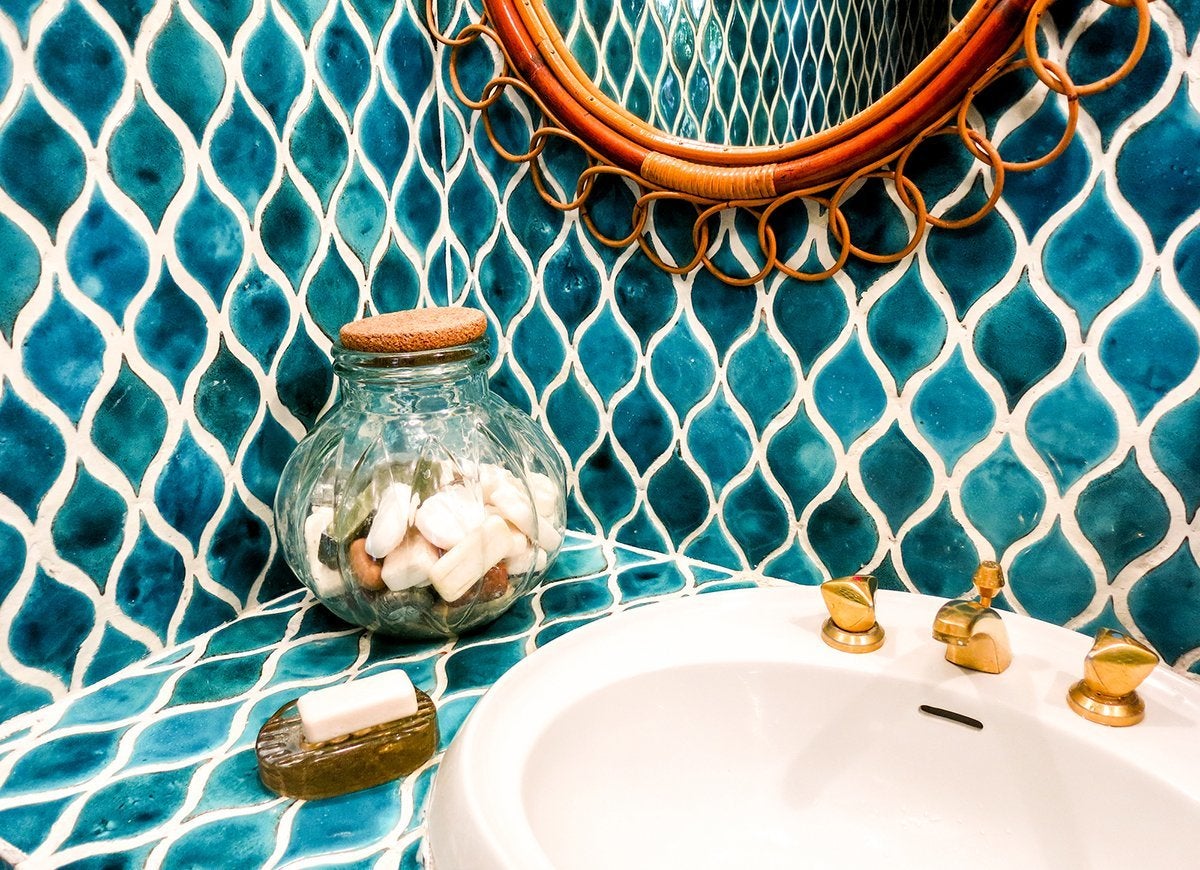
While it’s true that neutrals can make a space appear bigger, it doesn’t mean you always have to limit yourself to neutrals for your color palette in a small area. Don’t be afraid to add bold, vibrant colors to break up the monotony of whites, creams, or grays.
Related: 15 Ways to Make a Small Bathroom Big
You Don’t Need to Use Only Small Patterns
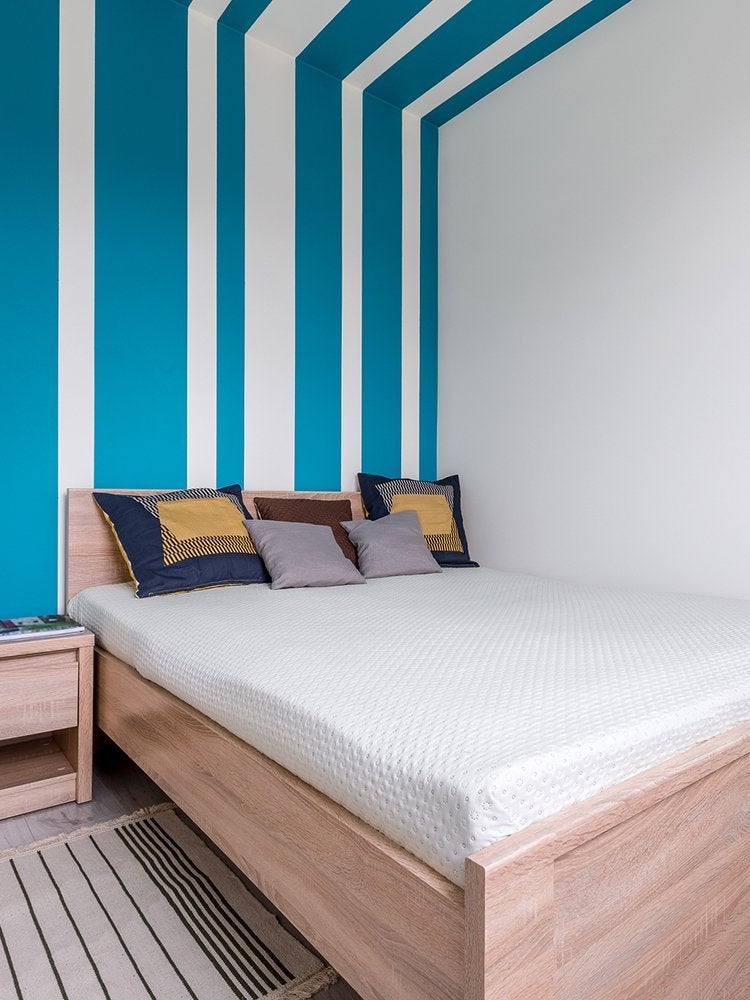
Tips for decorating might suggest that a small room equals small patterns, right? Not so, actually. You can take advantage of large patterns on wallpaper or artwork to add major style to a room’s interior design without taking up any square footage.
You Can Have Large-Scale Art
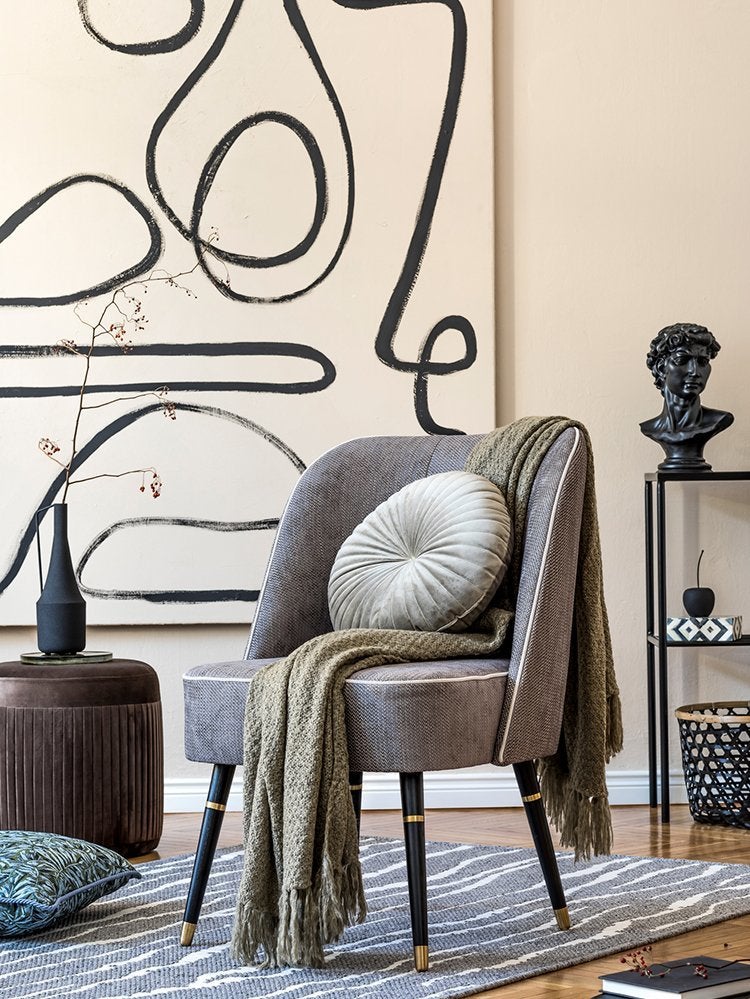
Large-scale art isn’t reserved for just those who are lucky enough to have tall ceilings and plenty of vertical real estate. Although it’s generally accepted that small rooms should have proportionally sized artwork, a single grand piece can make a space appear larger than life.
You Don’t Have to Have Negative Space
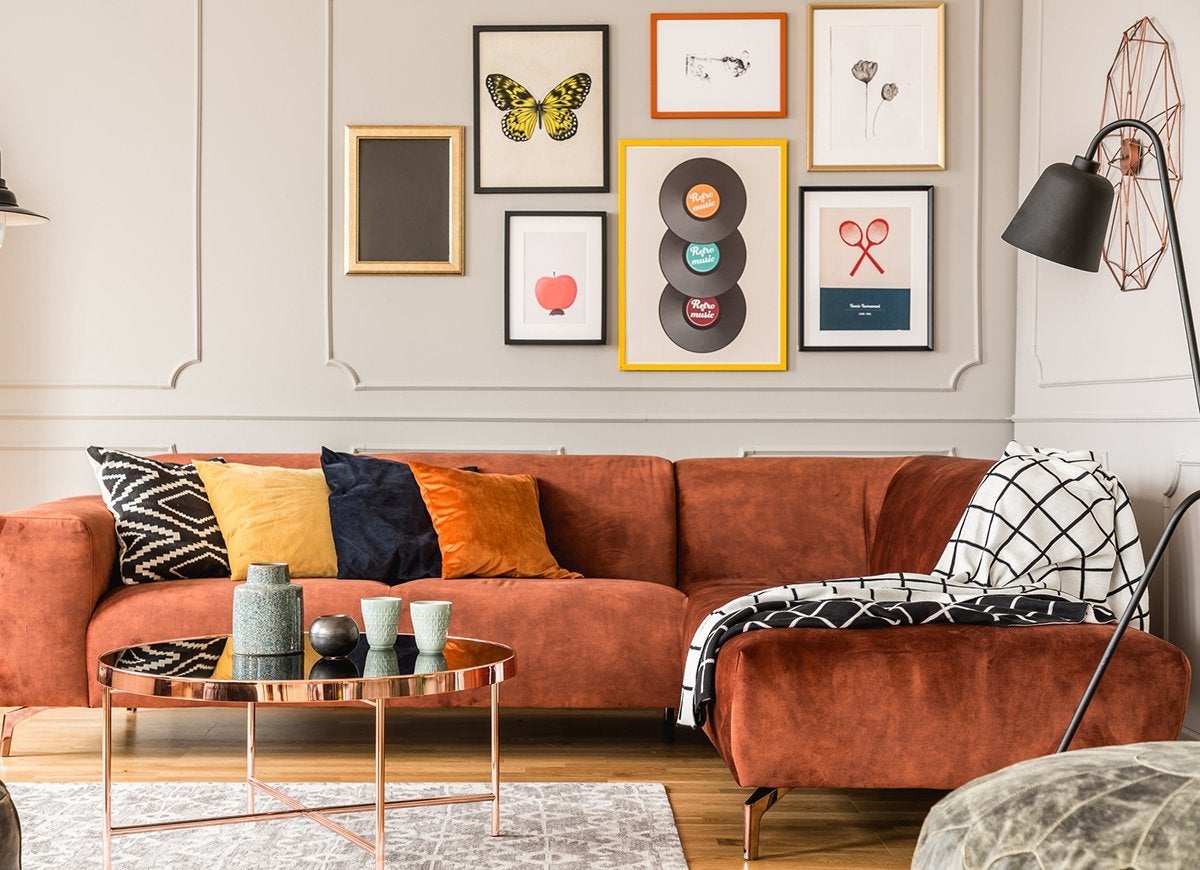
It’s typically recommended to cultivate negative space—to leave portions of walls intentionally bare—in small rooms so that the eye has a chance to rest. However, this can limit those with large collections of artwork. Arranging a gallery wall with many pieces of artwork can create major visual interest and, as a bonus, doesn’t take up any precious floor space. If you’re worried about a cluttered appearance, hang several larger works rather than many small ones.
Your Furniture Doesn't Have to Serve Multiple Purposes
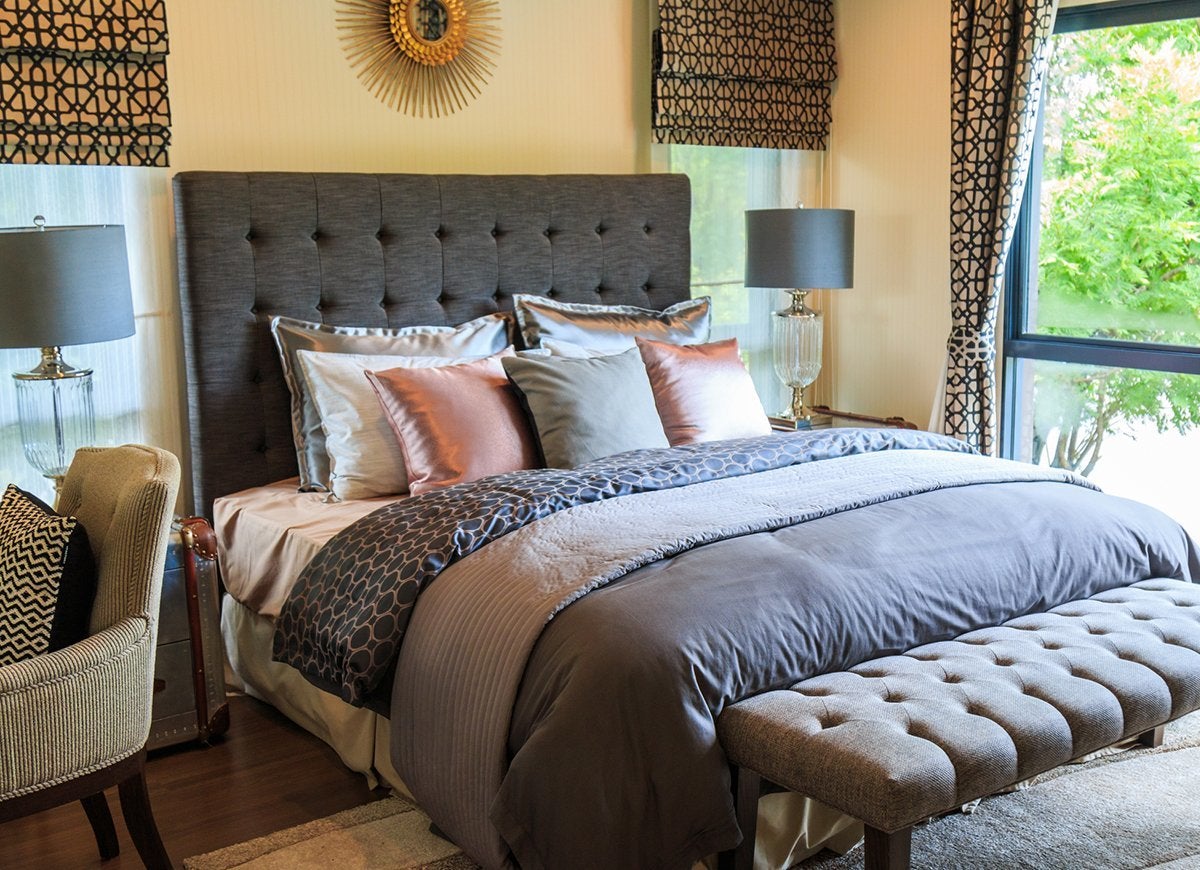
Multipurpose furniture is common in tiny digs for obvious practical and space-saving reasons. Don’t, however, try to make every piece of furniture serve double duty. If you absolutely love a particular coffee table or end-of-the-bed bench but it lacks storage, go ahead and purchase it.
Related: 21 Ways to Make a Small Bedroom Big
Not Taking Design Risks
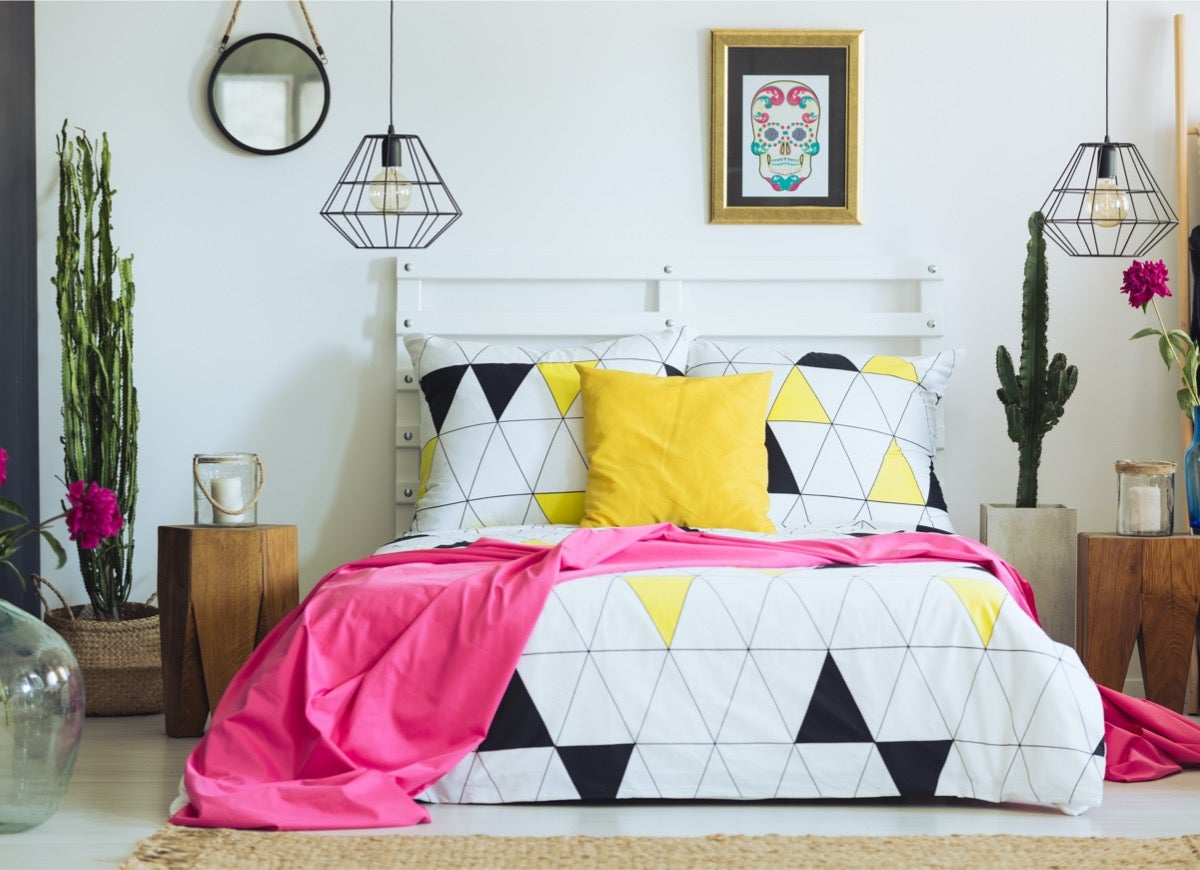
When it comes to making decorating decisions for a small room, go with what you like best—not what the rules say. If you find yourself sacrificing your style in the name of the rules, you’ll be living in a home that doesn’t showcase your personality. Interior designers often rely on pattern, texture, and color in homes of all shapes and sizes.
You Can Still Make it Cozy
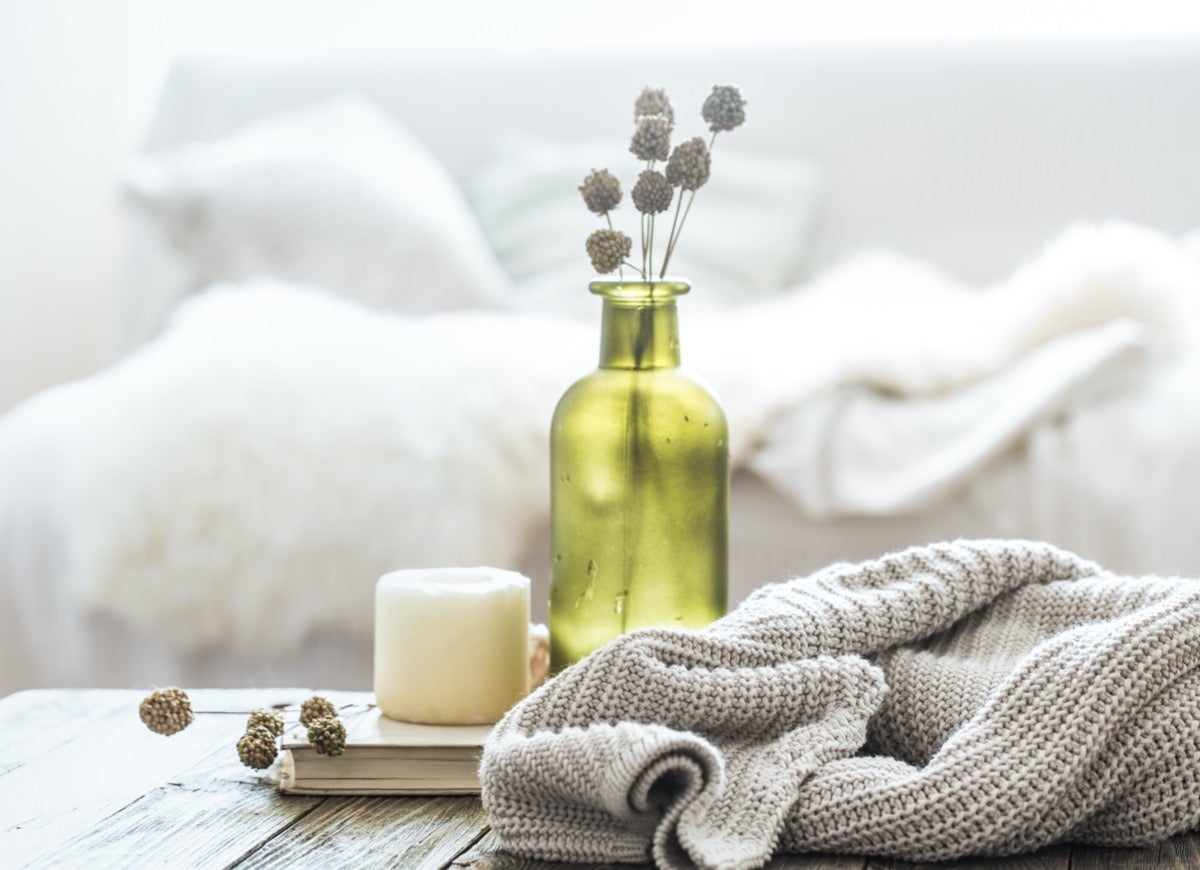
Logic would dictate that a small space is cozy all on its own. That’s why it should display a decor with a clean aesthetic, right? Not necessarily! Hygge is for all homes. A chunky cableknit throw draped over a chair, a series of candles on the coffee table, and hanging plants exude cozy, peaceful vibes. That doesn’t mean you need to overdo how many blankets you have, however.
Related:14 Paint Colors That Can Make a Room Feel Instantly Cozy
Molding Doesn’t Have to Be Traditional

A small space doesn’t need to sacrifice creativity by making everything neutral, and that includes molding. In fact, painting baseboards and trim the same color as the walls is a fun and effective hack. This tricks the eye and makes the room appear higher and larger.
You Can Have More Than One Couch

There’s a common misconception that small spaces should avoid doubling up on furniture. Trick the eye into seeing a larger living room by incorporating two small couches facing each other. The room will look like there’s so much space that two entire couches can fit and offer seating for at least four.
You Can Install Window Treatments
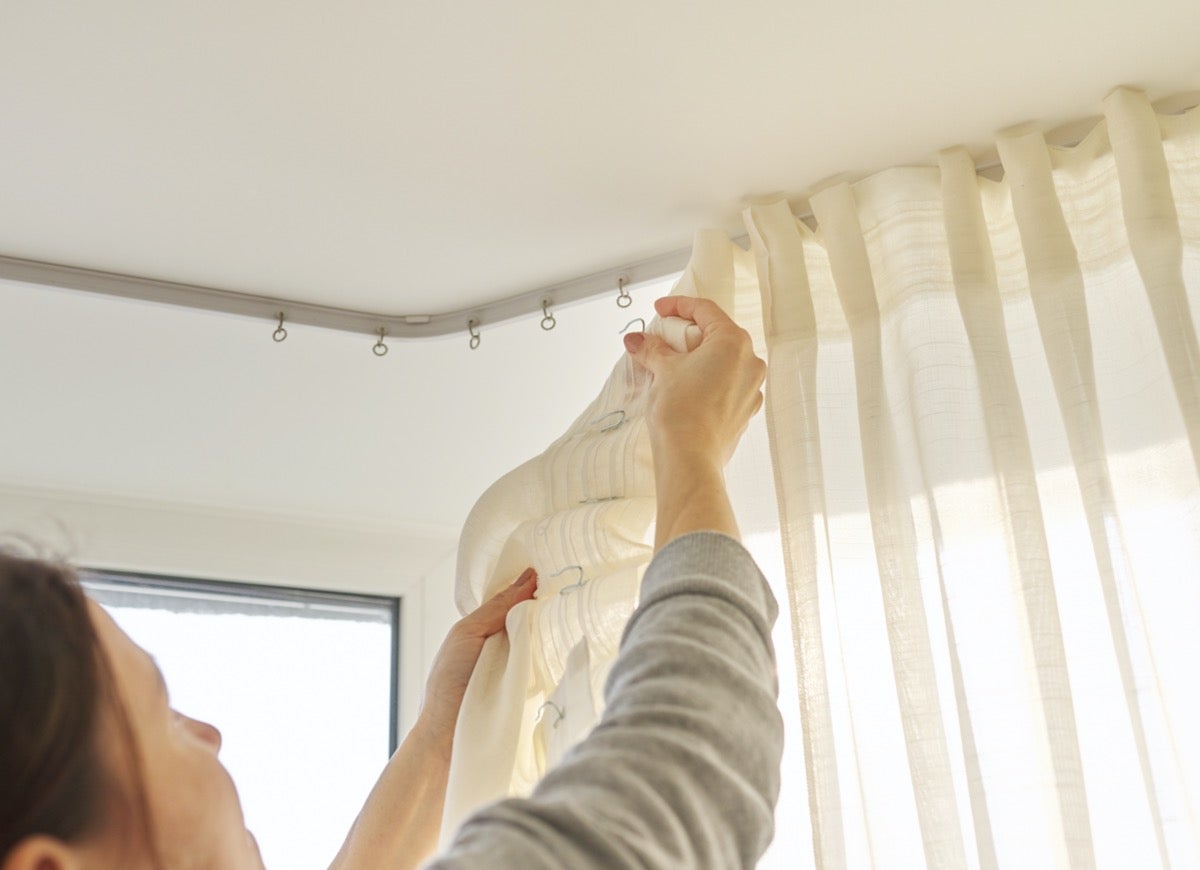
While some say window treatments close off a room by taking away some of the window, choice of curtains or blinds can actually help enlarge a room. Place the curtain rod just beneath the ceiling as opposed to just above the window, then install curtains that reach from the ceiling to the floor. The look will create the illusion of higher ceilings.
Open Shelving Can Work
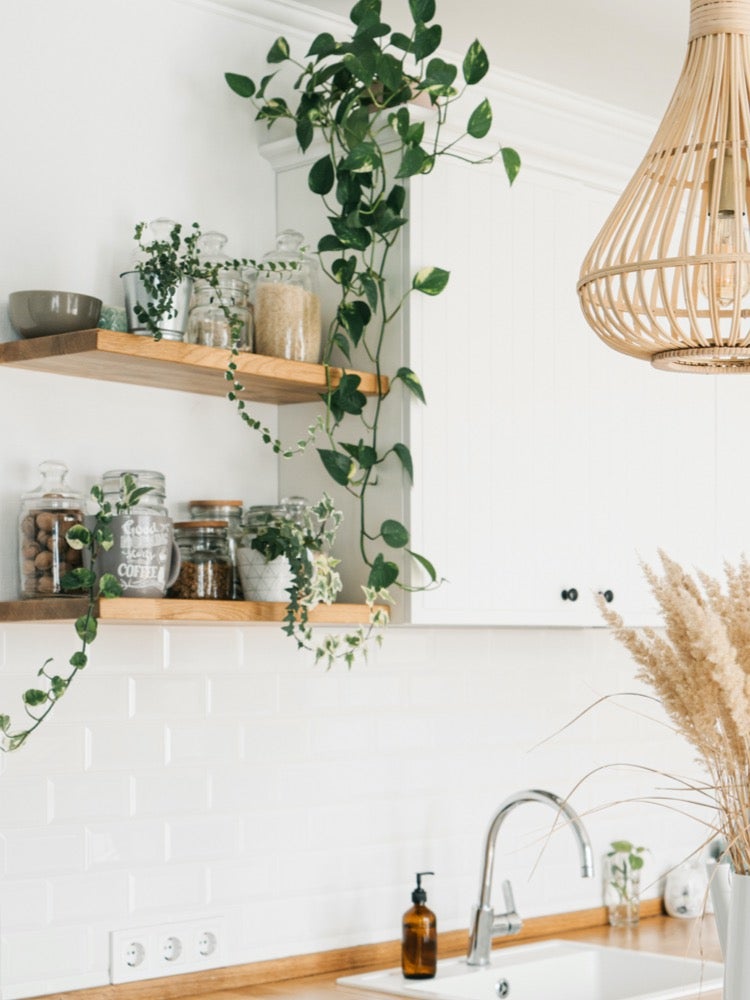
A misconception about open shelving is that a space must be large enough to prevent the open-storage look from coming off as cluttered. Anyone in a smaller home can make it work so long as the items they thoughtfully organize the items they display. Display fewer items, like a series of bright glasses and a matching pitcher, to avoid fussing with the look too often.
Furniture Doesn’t Have to Go Against the Wall
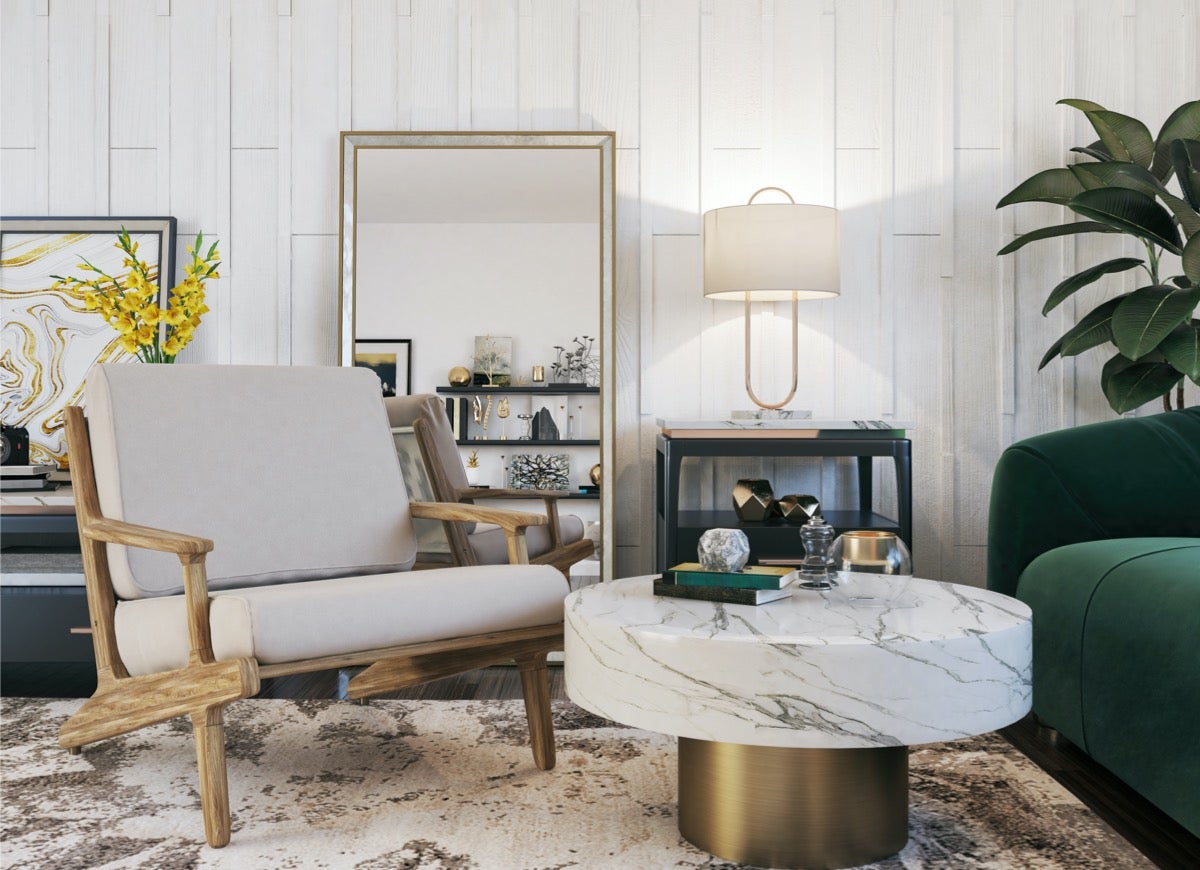
A small room shouldn’t feel cluttered, but that doesn’t mean you should push every piece of furniture against the wall. Sometimes referred to as “dance hall syndrome,” this look can come off as too spacious, even for small areas. Floating furniture away from the walls can create a sense of balance in the room.
The Kitchen Doesn’t Have to Be Bare

Small kitchens can get cluttered easily, especially if the countertops are filled with appliances and there’s decor galore on the walls. But that doesn’t mean you can’t maximize storage space. Take advantage of room between the upper cabinets and the ceiling to display lesser-used pots and pans that offer a pleasing aesthetic.
Vertical Decorating Is Your Best Friend
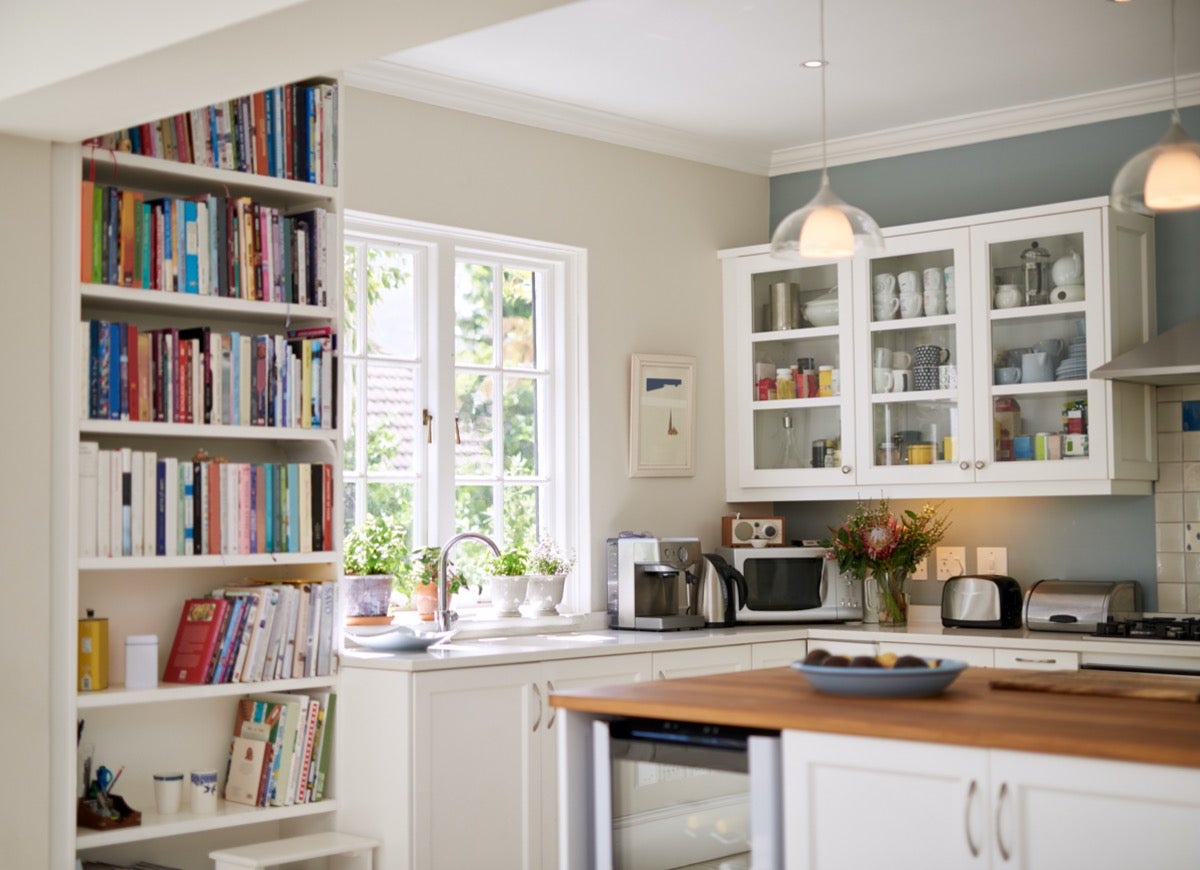
Speaking of utilizing vertical space, don’t shy away from decorating up to the ceilings in the name of a minimalist look. Get creative when it comes to square footage by incorporating floor-to-ceiling shelving that serves as storage and a place to show off personal style.
Not Centering the Bed
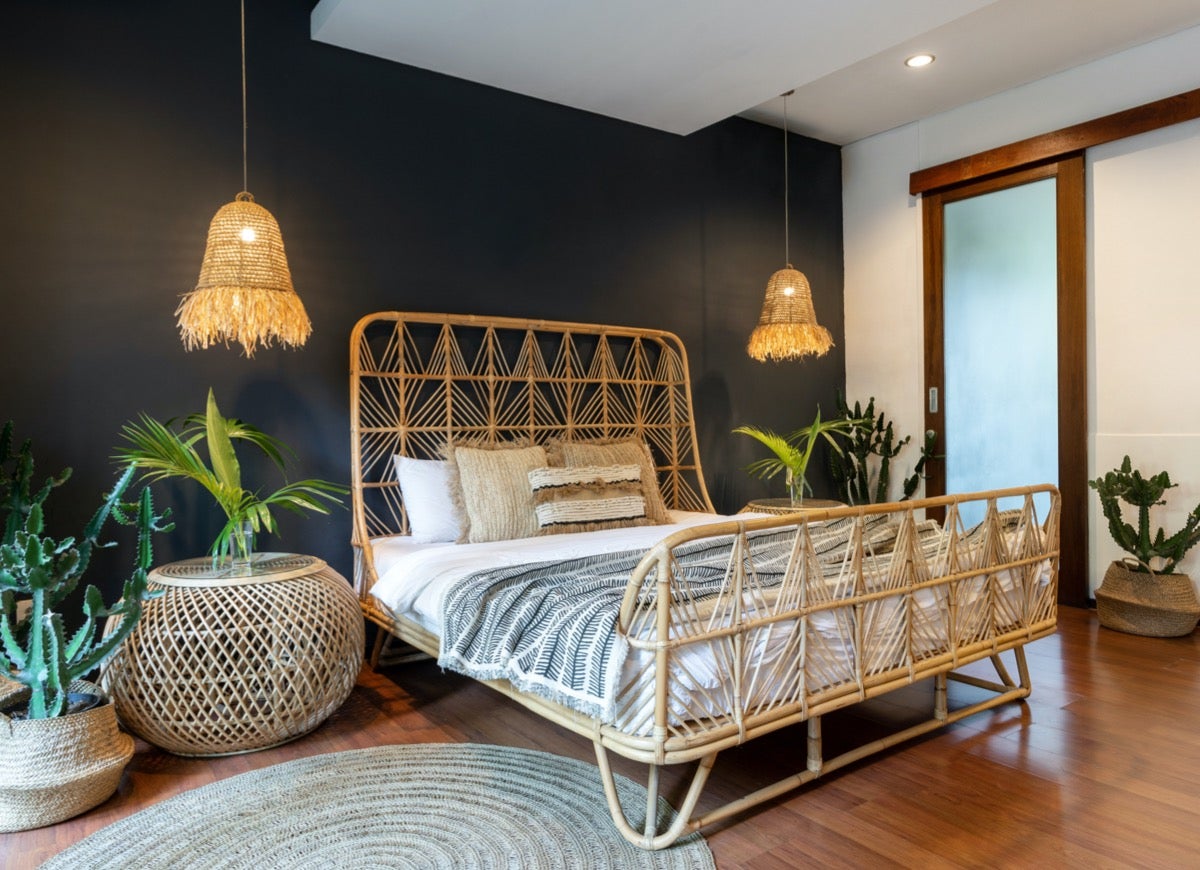
Even though the room may be small, the bed doesn’t have to tuck against a wall. Centering the bed—especially for couples—will help ensure that both sleepyheads can get out of bed easily. Consider skipping nightstands, and opt instead for hanging lights and shelving.
You Can Do an Accent Wall

The general rule of thumb for small spaces is to keep the flow going from room to room, which works well by painting the walls all one color. Break that rule and go for an accent wall in a room. In fact, a design trick that makes small spaces seem bigger is painting one wall a bold accent color.
Especially for those who enjoy darker colors, painting just one wall (or even a single element such as a bookcase) will visually enlarge the space. Plus, that one darker wall will make the other lighter walls in the space feel even brighter by comparison.

Everything You Need for a Lush and Healthy Lawn
Keeping your grass green and your plants thriving doesn’t just take a green thumb—it starts with the right tools and supplies.
